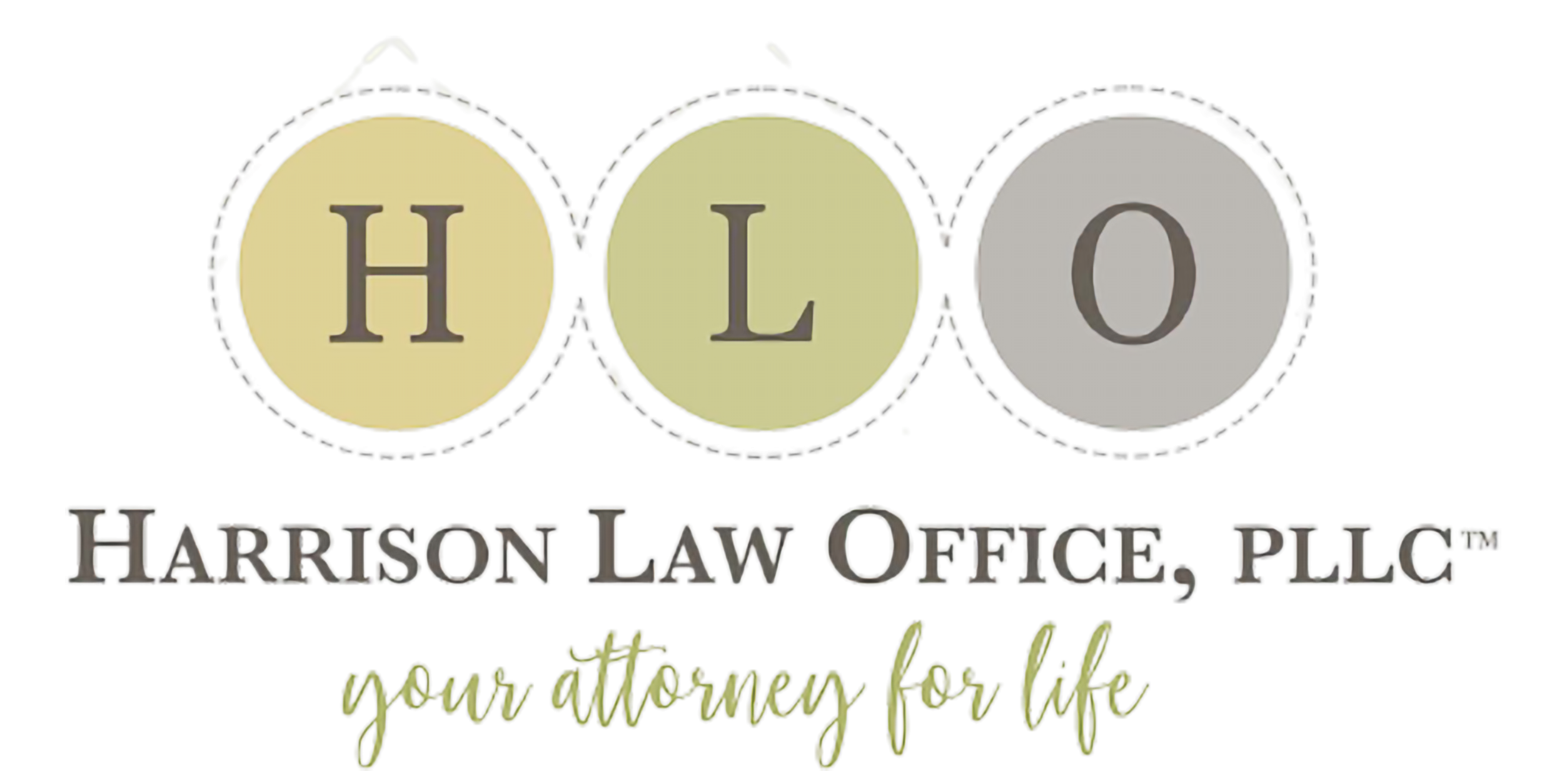7 Issues to consider when purchasing disability insurance
If you earn a good living now, but you worry about not having enough money for a future time when you cannot work due to illness or injury, disability insurance is your answer. However, you need to make sure you are getting an insurance policy that will meet your needs and not waste your money. This article covers 7 issues to consider when purchasing disability insurance.
7 Issues to consider when purchasing disability insurance
The answers to these 7 questions can give you the best chance of finding a policy that is well-suited for your particular situation.
01 – What is disability insurance?
Disability insurance pays benefits when you are unable to work because you are sick or injured. Most policies pay a benefit that replaces a percentage of your income. But disability insurance is not the same as health insurance—it will not cover your medical bills.
Instead, disability benefits replace a percentage of the income you lose due to your inability to work, so you can cover your basic financial needs, such as paying bills, covering daily living expenses, and providing for your family, until you can return to work. To begin your search for disability insurance, first you need to get clear about your minimum financial needs, or what we call your “minimum to thrive” number, should you become unable to work.
If you don’t currently know what your “minimum to thrive” number is, contact us for help calculating this number, and we can refer you to tools or an advisor who can support you.
02 – Should I get disability coverage?
If you are the breadwinner in your family and your income would stop if you become ill or injured and could not work, you should look into disability insurance. According to U.S. government’s statistics, one in four 20-year-olds become disabled before reaching retirement age. Statistics like this make it all the more important that you consider protecting yourself and your family with disability coverage.
03 – What’s the difference between short and long-term disability insurance?
There are two primary types of disability insurance: short-term and long-term. Short-term disability insurance typically lasts between 3 to 6 months, and sometimes up to a year or more. These policies generally cover about 60% to 80% of your monthly gross income, and the premiums you pay generally range from 1% to 3% of your annual income. One major upside to short-term policies is that payouts usually happen within two weeks, which can be a lifesaver in an emergency.
Long-term disability insurance can pay benefits for a few years or until your disability ends, even if that’s when you retire. Most long-term policies cover 40% to 60% of your monthly gross income, but policies that pay up to 70% do exist. Long-term disability policies also cost 1% to 3% of your yearly income, but based on the benefits, they tend to be more cost-effective in the long run.
That said, it can take up to 6 months to see a payout from a long-term policy, which may not be a realistic option if you need money immediately to cover your living expenses. Therefore, we recommend covering your short-term financial needs with emergency savings of 6 months, and then getting a long-term policy to cover your longer term needs.
04 – What does ‘portability’ mean?
If you purchase your disability insurance through your workplace, ask if you can keep that insurance if you leave the company. If your insurance is non-portable, your coverage will end when you leave the job. Having a portable policy means that you will be covered no matter where you work.
Although many disability policies purchased through an employer are not portable, it’s definitely something you should look into. If portability is important to you, consider purchasing disability insurance on your own, rather than through your employer.
05 – What are the renewal options for disability policies?
A “guaranteed renewal” policy allows you to renew, without making any changes to your coverage, but your premium can fluctuate. A “non-cancelable” policy means your coverage and your premiums cannot be changed, assuming you pay your premiums on time. Also, be sure to find out if premiums are waived during a qualified disability.
Given these considerations, the best policies will be non-cancelable and guaranteed renewable. Obviously, such policies will cost more, so consider what’s best for you, and if you need help making your decision, we’re happy to recommend a trusted insurance agent and then talk through the options with you.
06 – How do cost of living benefits work?
Cost of living benefits are not included in most policies, but adding this rider is definitely something to consider. Cost of living benefits are designed to provide financial stability by offering an increasing benefit to keep pace with an increased cost of living, which is especially important right now, when we are experiencing unprecedented levels of inflation.
When choosing cost of living benefits, consider choosing policies that increase on a compounding basis. Compound interest is earned on the principal and the interest. This additional rider can help your benefits keep pace through inflation, even after your disability ends.
07 – Do I need a ‘future increase’ rider?
A future increase rider is another option to consider adding to your disability coverage. It’s worth looking into particularly if you think your income may increase significantly over time. With this rider, you are able to increase the monthly benefit of your policy, regardless of your health status.
Without it, your policy will not change to protect your future income, and your benefits will pay out according to your income when you first obtained coverage. That said, many insurance companies will limit the total supplementary coverage that can be implemented each year with a future increase rider, so even if you have this option in place, the benefits might not fully reflect your future salary.
Get help choosing your coverage
When shopping for a policy, it’s best to work with an insurance agent who can survey many different companies to help you choose the right policy for your budget, age, health, and other factors. And remember, you must have the policy in place before something happens—if you’re already sick or injured, you can’t buy disability insurance to make up for lost income.
One of the ways we support our clients is by discussing matters like this with you during your Family Wealth Planning Session, or at your annual or 3-year review meetings after you’ve completed your Life & Legacy Plan with us. If you do not have an insurance agent you are already working with, we can connect you with an agent we trust, and then provide objective counsel to help you decide on the best coverage for you and the people you love.
If you are not already a client, contact us today to schedule your Family Wealth Planning Session. If you are, and you are ready for a review of your legal and financial choices, contact us for a plan review. We look forward to supporting your next step in Life & Legacy Planning.
This article is a service of Harrison Law Office PLLC. Personal Family Lawyer®. We do not just draft documents; we ensure you make informed and empowered decisions about life and death, for yourself and the people you love. That’s why we offer a Family Wealth Planning Session™, during which you will get more financially organized than you’ve ever been before and make all the best choices for the people you love. You can begin by calling our office today to schedule a Family Wealth Planning Session and mention this article to find out how to get this $750 session at no charge.





